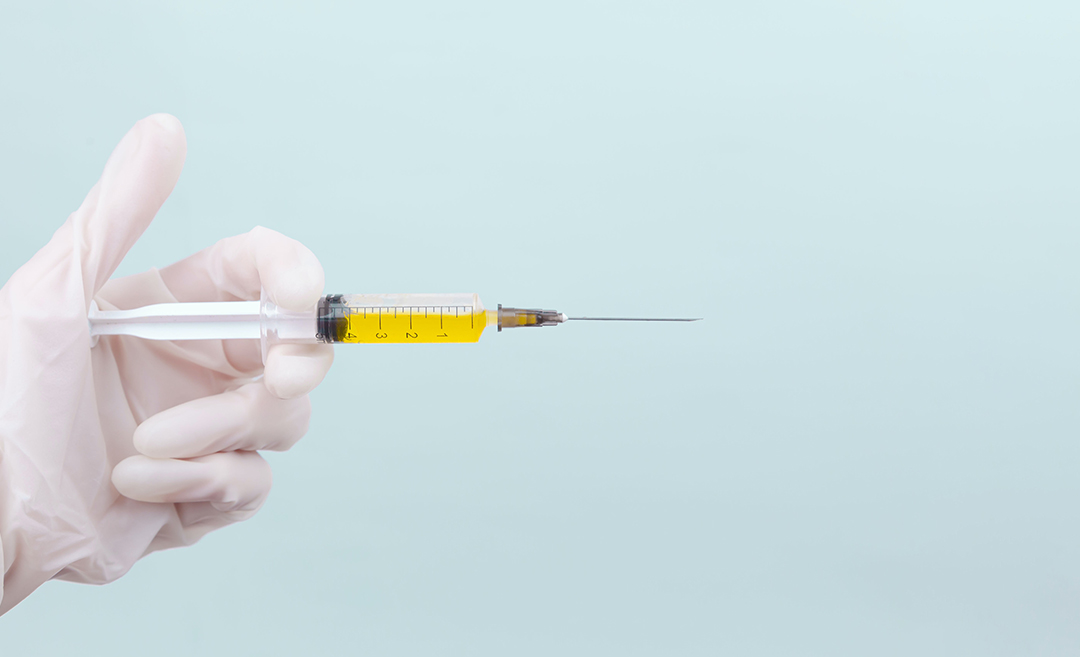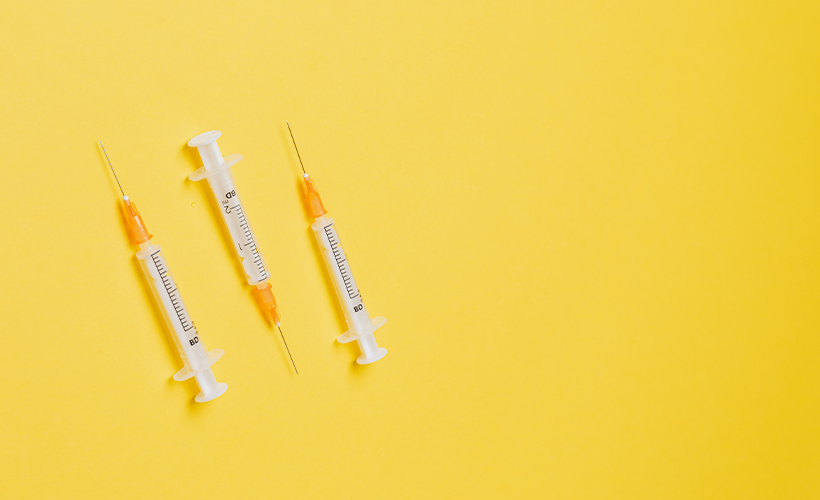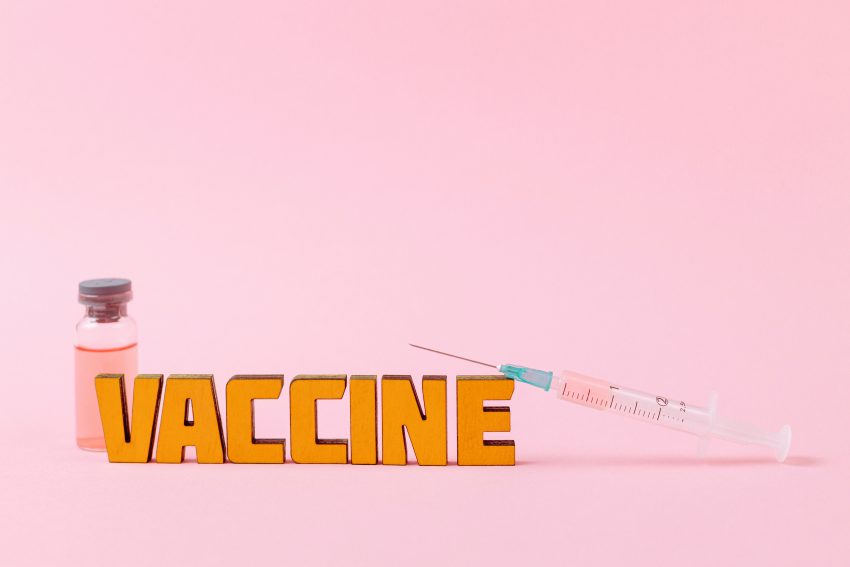
You’re totally over COVID-19, its implications, and the adverse (sometimes devastating or heartbreaking) effects the pandemic has had on day-to-day life. We understand and we feel you – we’re suffering from pandemic fatigue too. But with the number of daily cases in Malaysia increasing, now’s not the time to take our personal health and safety for granted. Thankfully, with the second phase of opt-ins for the AstraZeneca COVID-19 vaccinations rolling out in just a few days, Malaysians and those residing here can hopefully reach herd immunity sooner.
If you haven’t already had your shot, here are a few things you need to know about registering for the AstraZeneca COVID-19.
1. It’s not part of Malaysia’s National Immunisation Programme
Malaysia’s National COVID-19 Immunisation Programme features the Pfizer and Sinovac vaccines. AstraZeneca was removed from the main programme over growing concerns about it causing blood clots in recipients. Hence why the AstraZeneca vaccine is administered voluntarily and runs parallel to the main programme. This opt-in programme is, however, still run by Malaysia’s National COVID-19 Immunisation Programme and remains free for all.
2. Blood clots are rare
It’s not understood yet why or how potentially life-threatening blood clots occur after receiving the AstraZeneca vaccine. What’s important to note is that the occurrence is so rare that Australia’s Department of Health says that this side effect only occurs in around four to six of every million people.

3. The benefits outweigh the risks
Administered in two doses, eight to 12 weeks apart, the AstraZeneca vaccine was developed in collaboration with Oxford University. While it’s not guaranteed that you won’t contract COVID-19 after being fully vaccinated, studies have shown that those who do usually only experience mild symptoms and don’t normally require hospitalisation. In terms of efficacy, studies so far have shown that the vaccine has an efficacy rating of 76% after the first dose and 81.3% after the second dose.
4. Common side effects
Much like receiving a flu shot or any other vaccine, there are a number of common side effects you may experience after receiving any COVID-19 vaccination. These include fever, chills, injection site soreness and/or swelling, headaches, loss of appetite, body aches, fatigue, rashes, and flu-like symptoms. Everyone reacts differently to the vaccinations with some reporting not having experienced any side effects at all.
While at the vaccine centre, you will be talked through what to expect during observation (usually about 15 to 20 minutes) after you receive your jab. Doctors on site will also explain the adverse side effects that do require medical attention (severe persistent headaches, blurred vision, chest pains, seizures, among others) so that you’re clear on when to seek help. Read a breakdown here.
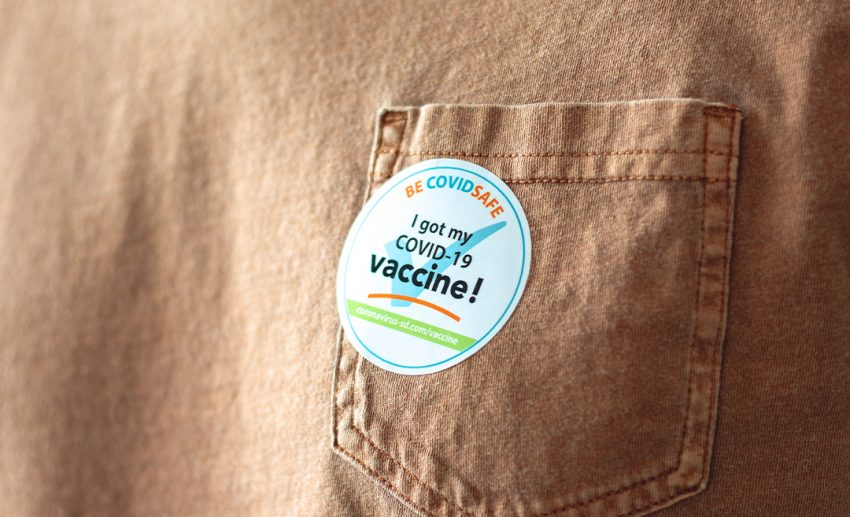
5. It’s safe – even if you have health issues or allergies
As mentioned, there will be doctors on site. After signing the consent forms and registering, you will be ushered to a consultation area prior to being administered the vaccine. Here, a professional medical practitioner will talk you through any concerns you may have – such as allergies to medicines, underlying health issues (comorbidities such as hypertension or diabetes), and so on – and determine whether or not you’re fit to receive the vaccine. If you do have known allergic reactions to certain medicines, you’ll likely be kept in observation for longer if you’re given the go-ahead to receive it.
On the other hand, for those currently undergoing treatment for chronic illnesses (such as cancer), it’s best to seek medical advice from your attending physician before registering for the vaccine. If you also have a history of a weakened immune system, severe allergic reactions (anaphylaxis), or bleeding disorders, do see your regular physician or specialist for further instruction too. They will help you through a pre-vaccine assessment.
6. You can think of the AstraZeneca vaccine as a sort of fast track
This second phase of opt-ins for the AstraZeneca vaccine will be open to the states with the highest number of cases – Kuala Lumpur, Selangor, Johor, Penang, and Sarawak. While, depending on your age, you’ll likely need to wait a while for your turn to receive a vaccine in the main immunisation programme, with the AstraZeneca opt-in, you can receive your jab much sooner. Those waiting to be assigned their turn may need to wait until 2022.
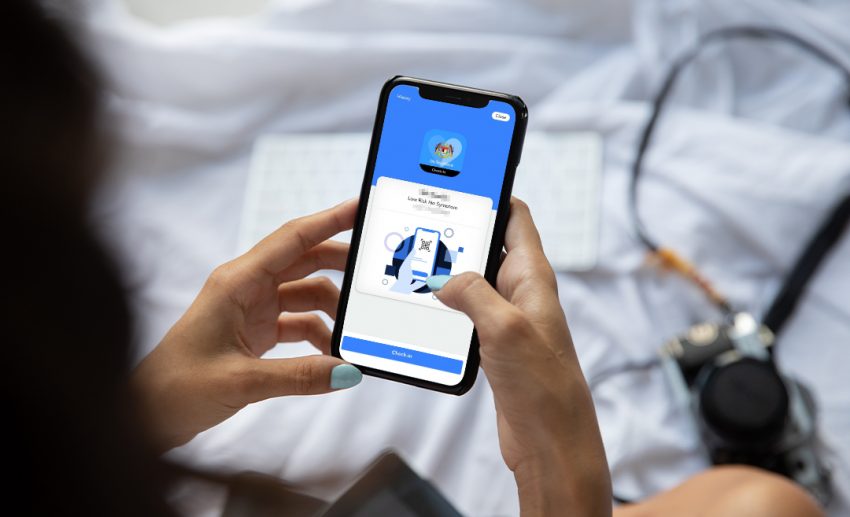
7. You can register for your dependents
For this second phase of opt-ins, registration opens on 23 May for senior members of society (those above 60 years old) and on 26 May for anyone else above 18 years old. Priority is being given to seniors as they are considered in the high-risk category. Now, the lone downside to this programme is that, if you’re not tech-savvy, you may miss out.
So, please do register on behalf of your dependents! This includes your parents, grandparents, domestic helpers, and so on. You may do so via your MySejahtera app (yours if they’re your dependent or theirs if they’re not registered as your dependent) or via the programme’s official site once registration is open.
8. It’s free for everyone – even foreigners
All COVID-19 vaccines are free for citizens and residents of the country. So, if you’re a foreigner, you needn’t fear being turned away at a vaccine centre. The ultimate aim of the immunisation programme is to ensure as many people get vaccinated as soon as possible, and that includes foreigners living in Malaysia.
That said, we hope this helps you make an informed decision pertaining to your health. Ultimately, the best place to go to for answers is your doctor or to the official National COVID-19 Immunisation Programme FAQ page. Take care, and remember, #KitaJagaKita.

